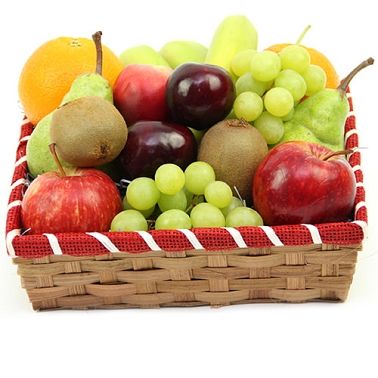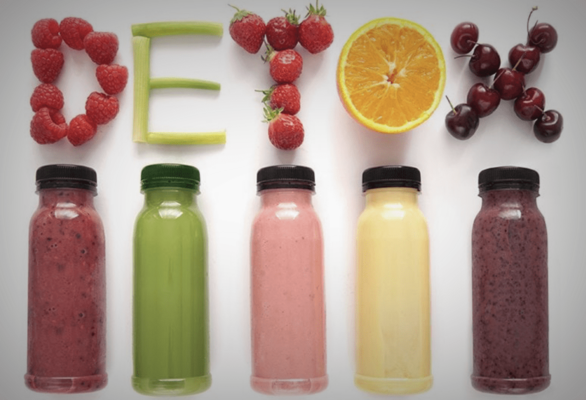VITAMIN C has many important functions in our bodies, from protecting and keeping cells healthy, maintaining healthy skin, blood vessels, bones and cartilage, wound healing and the normal functioning of our immune systems.
Adults where we live need around 40mg daily, children between 11 and 14 years need around 35mg and ages 1 to 10 years around 30mg daily.
Vitamin C is found in a wide variety of fruit and vegetables. These include citrus fruits, peppers, strawberries, blackcurrants, broccoli, brussels sprouts and potatoes. The vitamin C content in foods is reduced when you cook the food or when you put it in water. Vitamin C is sensitive to heat and dissolves in water, so, avoid boiling vegetables if you can. Steaming or microwaving is better, but you will still lose some vitamin C so the raw fruits that I’ve listed previously are your best bet.
You can get all the vitamin C you need from your daily diet, which is just as well as there needs to be a plentiful supply of it every day since your body doesn’t store it. Taking too much vitamin C – i.e. amounts above 1000mg per day – can cause stomach pain, diarrhoea and flatulence. Some vitamin supplements may push you over the limit, so be careful.
Many athletes that I have worked with over the years take high doses of vitamin C in supplements in the belief that it will improve their performance. And while it might reduce soreness in muscles due to it being an antioxidant, it will actually negatively affect progression through the reducing of training adaptations in muscles.
Lee McCusker (BA; MSc; MSc; MSc; ANutr; SENr) is a registered nutritionist from Belfast and can be found on Facebook, Instagram and Twitter. Email: attentivenutrition@
gmail.com








